How the Information Ecology Works
Most educated and open minded people understand that claims found in science books, history books, and credible news reports are mostly worth believing and that claims involving sensationalized propaganda or strange superstitions are not, but they might not be able to easily explain why they have made this distinction. Indeed, what some people see as credible news reports, others see as propaganda and “fake news”. Likewise, what some people accept as legitimate evidence-based science, others see as baseless claims that were fabricated as a part of a conspiracy.
Some people will say that we should question everything that anyone might try to say to us and to not accept anything at face value, but if we are rational then we do not question everything equally. We have some well-known facts that we don’t need to question and some things we know pretty well, and these are the basis for further evaluation. There are some people, some media organizations, and some institutions that we largely trust and empathize with and others of which we are suspicious and that we are unlikely to trust. But how do we know who to trust? How do we know what type of information to accept or to reject? While it is necessary to accept some claims that one comes across, it is often quite difficult to figure out what claims to believe in or not to believe in. There has to be a process through which one can judge whether a given claim is epistemically justified, but what should be the criteria for this? Any reasonable evaluation process would need to take into account not only the content of the information that is being conveyed, but also the social structures that produced and propagated the information.
We can develop increasingly accurate conceptions of reality through mental processes, methods, and frameworks. This is something that one can do partially within their own mind, but this also depends to some extent on one being cognizant of and working within certain social structures. We need to be connected and associated somehow with social structures, such as those of scientists, journalists, and historians. We consume the products of their work, and we also use our minds and mental processes to scrutinize it. These organizations can also in some cases learn from our own work. Thus, we defeat both skepticism and hubris through our own mental capabilities and through social structures.
We can call this process the information ecology because it has certain similarities to the natural ecology wherein different species and organisms both compete with each other and strategically cooperate to achieve their goals. A healthy and vibrant natural ecosystem has many organisms sharing resources and none of them is using their power advantage to monopolize access to resources, since this would threaten the ecosystem as a whole and would threaten the existence of the powerful and powerless alike.
The key to developing and maintaining a healthy and vibrant information ecosystem is in the type and form of social structures that exist within it, including governmental agencies, media organizations, knowledge-based institutions, and privately owned business entities. We need to be cognizant of how any such entities are structured internally and how they are interrelated within the greater information ecosystem.
Some social structures can amplify individual intelligence, if they are organized scientifically using principles of peer review, adherence to certain norms and rules, and a high degree of independence. Some types of social structures have the effect of hampering individual intelligence, such as those that are hierarchically structured and where certain overarching assumptions are not challengeable and where there is a charismatic leader, either living or dead, who is assumed to be inherently great by the rank and file membership. It is necessary to avoid social structures that are too loose and anarchic and those that are overly rigid and strict. In our quest for a fuller and deeper understanding of the facts, both extremes are undesirable because they usually end up hindering these efforts.
We can probably say that everyone needs to believe in something beyond their own self or else they will lose their purpose in life and end up becoming extremely skeptical, cynical, nihilistic, and depressed. Each of us needs foundational beliefs in order to live happy and healthy lives. For most of us, that would be our foundational belief in our close family and in romantic loves. Of course, we should believe most strongly in the people that we know well and also in the things that we directly experience, but we also need a certain reasonable trust in institutions as well, even though we do not personally know the people who work within them.
It simply does not make sense for us to have broad skepticism of all governmental, media, and professional scientific organizations. They are all certainly fallible, but if we give them due scrutiny and develop some understanding of how these institutions work and how the people who work for them do their jobs, then we can retain a sufficient degree of belief in many or most of the claims that are put out or propagated by these institutions, as appropriate given the contextual factors. Sometimes we have to trust experts. Sometimes we have to offload some of our sensemaking to external organizations whose purpose is to be well informed on certain matters, such as current events, science, and complex rational decision making for economic well-being and social stability. But each of us can and should have a certain rough methodology for scrutinizing the credibility of these institutions and judging their trustworthiness.
There is no person who is in a position to understand the truth better than everyone else. We all have blind spots. Of course, some people are better informed and better educated than others in certain regards, but no one person is just in the single best position to understand the full and unadulterated truth. Many people act as if they are that person, unfortunately. Even experts in certain fields rely on other people for knowledge outside of their area of expertise. The smartest, most accurate, most rational, best informed things are not individual and independently operating persons. We can recognize that this honor can be bestowed upon some organizations that are structured optimally so that their internal functioning encourages accurate information to be uncovered, scrutinized, critiqued, tested. In addition, this honor would only go to organizations that only promote and propagate information after it has gone through all of those phases and had stood up to such challenges. Individual persons indeed are the ones who work for such organizations, but it is their relation to each other within this organizational structure that makes the entire thing so smart and so accurate at understanding the truth.
Some scientific and journalistic institutions are structured this way. Unfortunately, they are often not believed by large swaths of the population. That is a huge problem in our society. We need to shed light on how these organizations operate. We need to educate people on how this works. Then they might come to trust science and journalism a little more. The point would not be to encourage blind faith in such organizations, but certainly we need to counteract this broad skepticism and cynicism and nihilism. It is very bad for society. Rather than thinking that we each have the ability to independently tell fact from fiction, we should admit that sensemaking is an individual and a social process.
Photo by Jezael Melgoza on Unsplash









